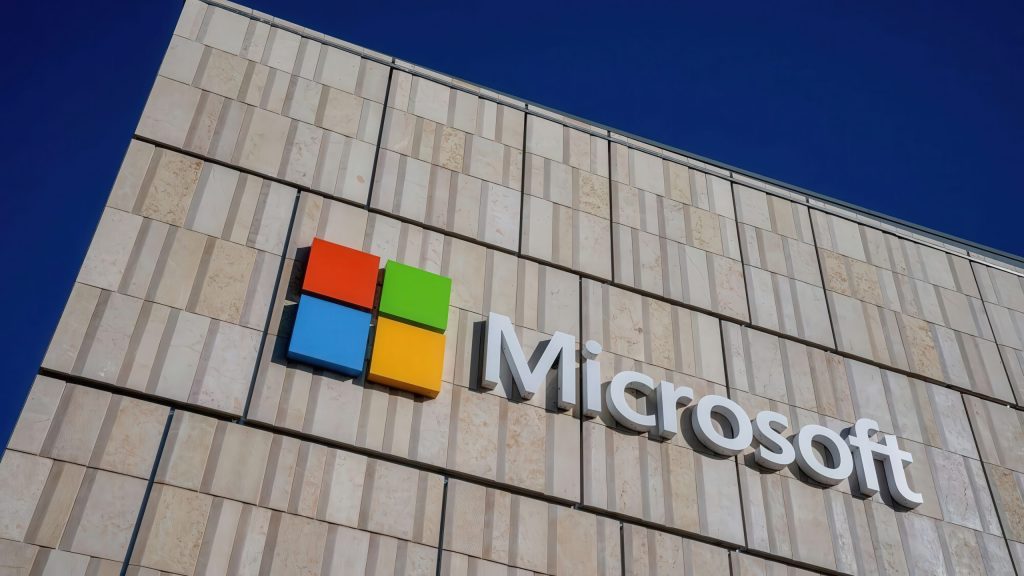Microsoft’s recent layoffs have sent shockwaves across the gaming industry and beyond, as the tech giant announced the reduction of approximately 9,000 employees, representing around 4% of its workforce. This move, which aligns with a broader strategic shift, aims to reallocate resources towards artificial intelligence (AI) infrastructure, with investments projected to exceed $80 billion, marking a $25 billion increase from the previous year. While the decision appears financially motivated, it raises significant questions about the company’s commitment to its gaming division and the future of its blockbuster acquisitions.
AI Infrastructure vs. Gaming Investments
The layoff announcement surfaced amidst ongoing discussions regarding Microsoft’s relationship with AI, particularly its partnership with OpenAI. The tech world has witnessed a surge in AI capabilities, leading to an urgent call for companies to adapt and innovate. As Microsoft channels its focus towards integrating AI into its business operations, some insiders have expressed concern over the implications for the gaming sector. A recent comment from a developer within Halo Studios pointed to fears that the company might be prioritizing AI over its gaming workforce, although this sentiment remains speculative. Nevertheless, the shift in priorities is evident as Microsoft allocates substantial funds to enhance AI technologies, potentially at the expense of its gaming initiatives.
This prioritization has left some analysts skeptical about the future growth of Microsoft’s gaming ecosystem, particularly its Game Pass subscription service. Despite significant acquisitions like ZeniMax Media and Activision Blizzard, growth has not met expectations. Analysts, including those from GamesIndustry.biz, have indicated that the allure of gaming subscriptions may not resonate as strongly with consumers compared to streaming services for music or television. This discrepancy raises concerns about whether Microsoft’s strategy to expand Game Pass through acquisitions will yield the desired increase in user engagement.
Industry Backlash and Developer Sentiments
The gaming industry’s reaction to the layoffs has been particularly critical. Just fourteen months after shutting down Tango Gameworks, known for its hit game Hi-Fi Rush, Microsoft has continued to make controversial decisions regarding its game development portfolio. The cancellation of a highly anticipated online looter shooter, known as Project Blackbird, from ZeniMax Online Studios has drawn ire from former developers who assert that the project was finally gaining momentum. Reports suggest that Microsoft Gaming CEO Phil Spencer had an enjoyable experience playing a preview of the game earlier this year, further complicating the narrative surrounding its abrupt cancellation.
Insiders speculate that Spencer might not have been the one to initiate the cancellation, hinting instead at directives from higher-ups aimed at cutting costs. As Project Blackbird was gearing up for a late 2028 launch, the estimated production costs likely influenced the decision to halt development. The sentiment among developers is one of disappointment, as the game’s potential to contribute to the company’s success was considerable. The ongoing uncertainty about the direction of Microsoft’s gaming division only adds to the discontent among the community.
Financial Implications and Broader Market Context
The financial implications of these layoffs are significant, especially as the gaming industry grapples with its own challenges. According to a recent analysis by Mashable, the global gaming market is projected to exceed $200 billion by 2023, with subscription services playing a pivotal role in this growth. However, the effectiveness of subscription models in the gaming space remains in question, especially when traditional game sales and microtransactions continue to dominate revenue streams.
Moreover, competition within the gaming industry is intensifying, with companies like Sony and Nintendo also investing heavily in their own platforms and ecosystems. With Microsoft’s focus shifting towards AI and away from gaming, questions arise about its ability to remain competitive in an increasingly crowded market. Recent reports indicate that while AI investments are crucial for future growth, the company risks alienating a significant portion of its base—gaming enthusiasts—who may feel neglected as resources are redirected.
Conclusion
Microsoft’s workforce reductions, driven by a strategic pivot towards AI investments, pose substantial risks for the company’s gaming efforts in the long term. As it re-evaluates priorities, the balance between fostering an innovative gaming environment and embracing cutting-edge technology will be critical. The tech giant must thoughtfully navigate this landscape to ensure that its gaming division continues to thrive amid challenging circumstances.

